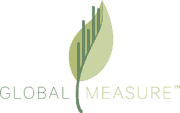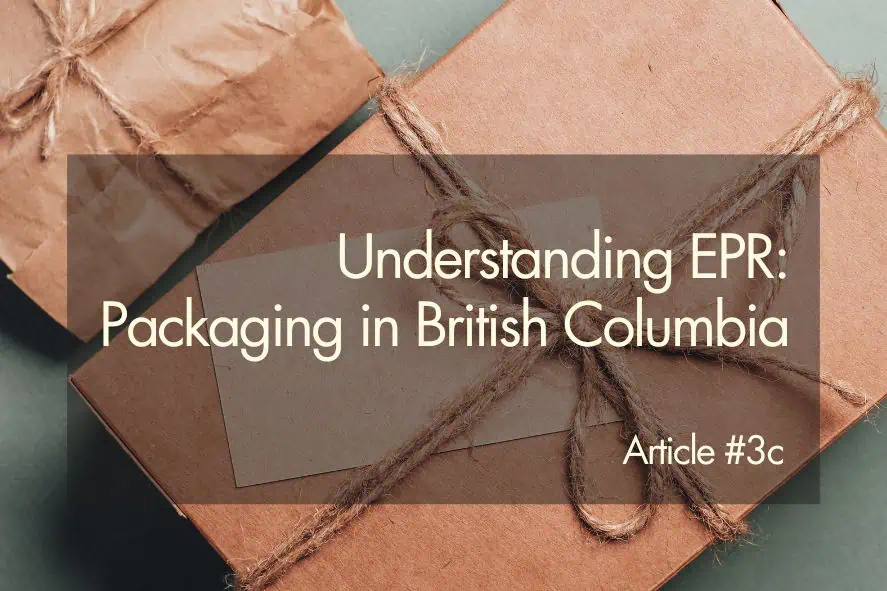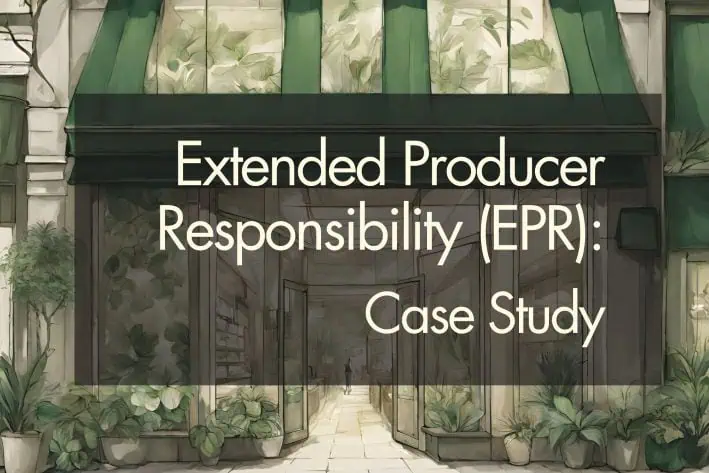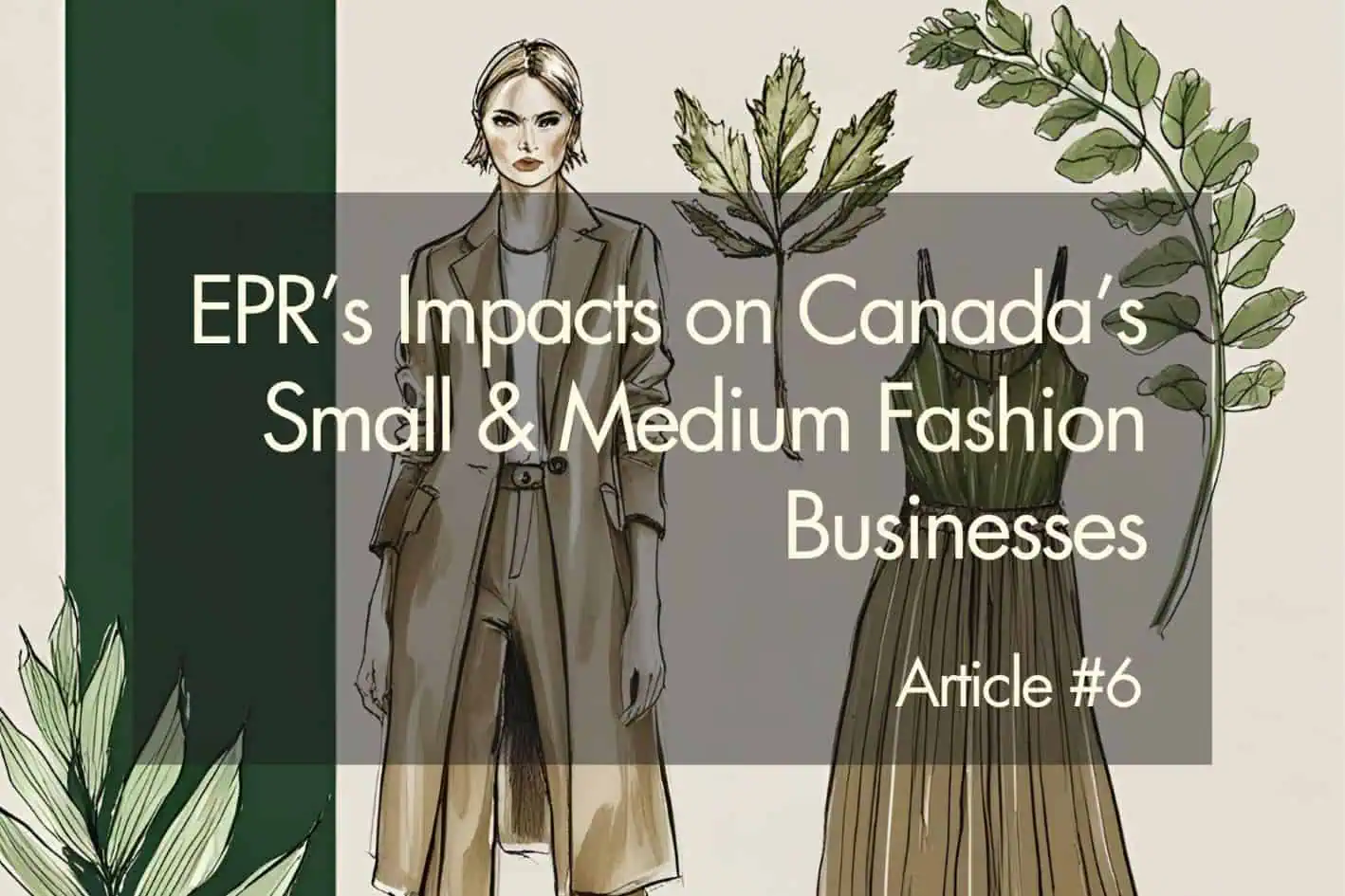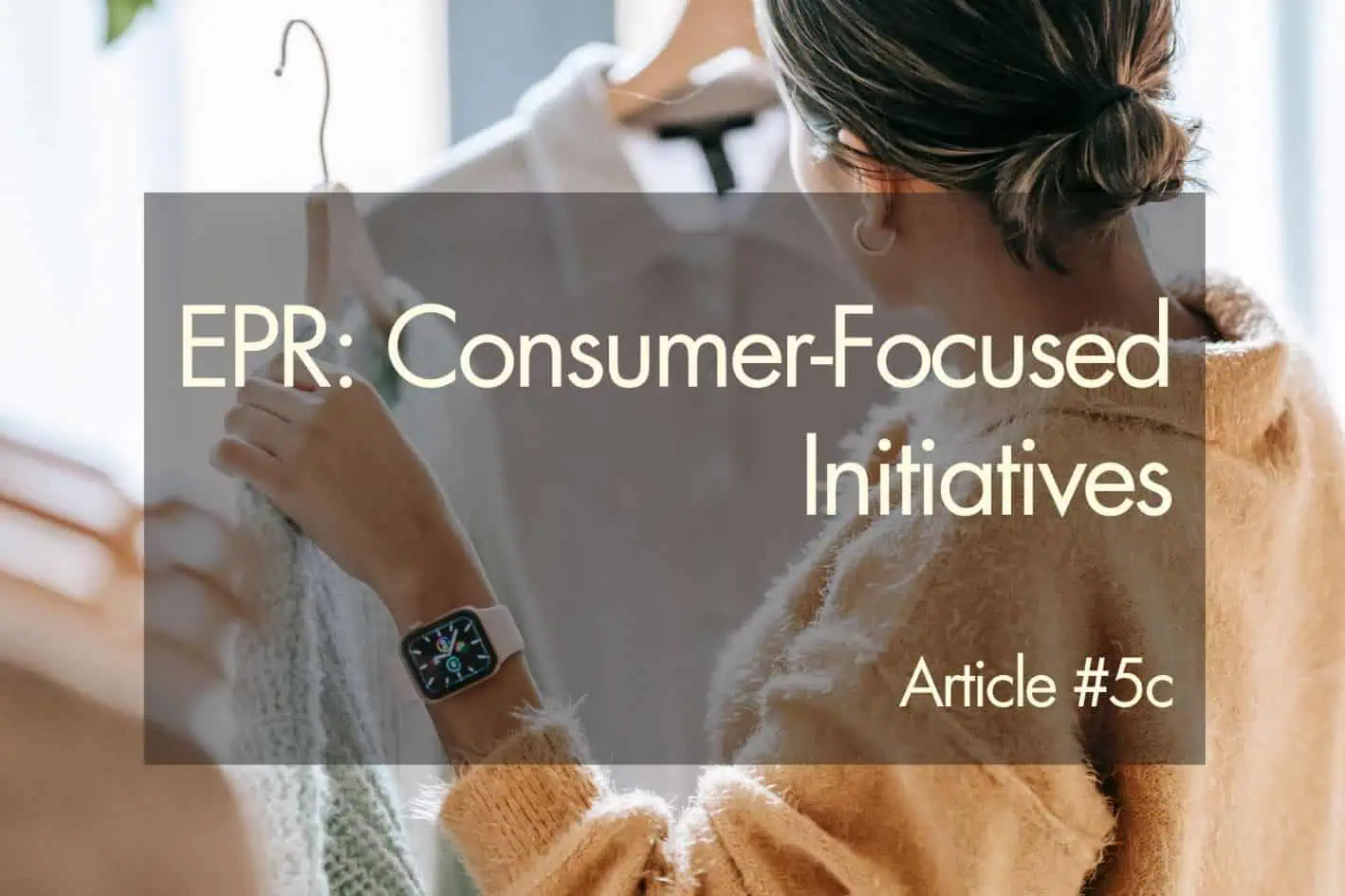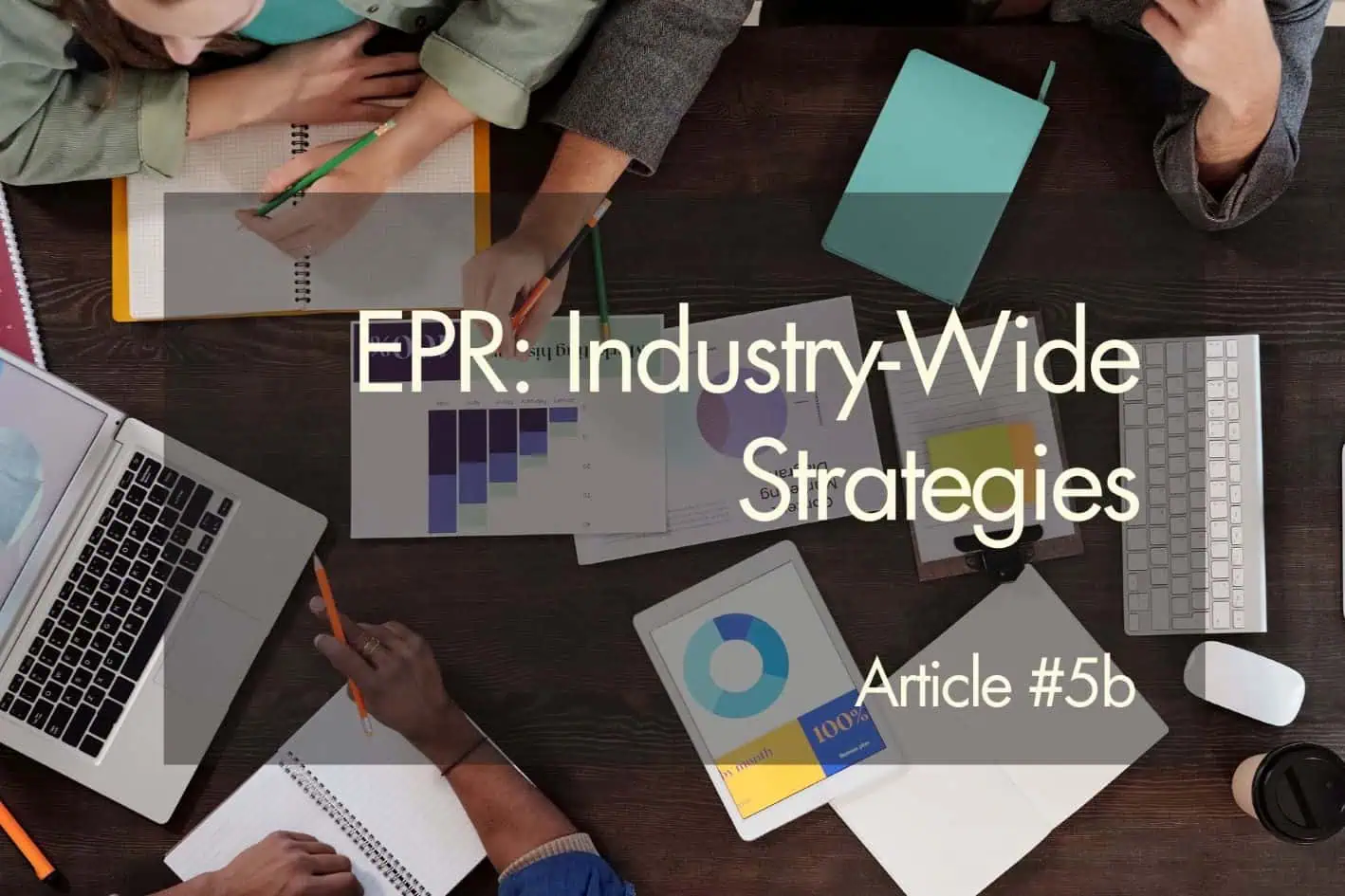Over the past 25 years, British Columbia has implemented more than 20 EPR programs designed to keep discarded products out of landfills and promote recycling (Benton, 2021). Since its inception in 2014, Recycle BC has managed the only fully comprehensive EPR program in Canada for residential Packaging and Paper Products (PPP). This program shifts the financial responsibility of recycling from municipalities to producers, ensuring that those who generate waste are also responsible for its proper disposal (Recycle BC, 2022).
In this article, we explore:
Key Stakeholders
Recycle BC administers the EPR program for PPP, ensuring compliance with provincial regulations. Producers must follow an approved plan to sell or distribute their products in British Columbia (Recycle BC, 2022). The program is governed by a board of directors composed of representatives from various sectors, including brand owners, retailers, and independent local members, ensuring a broad range of interests are represented in decision-making processes (Recycle BC, 2022).
Infrastructure Supporting the EPR Scheme
Recycle BC collaborates with municipalities, Indigenous communities, and private entities to establish collection depots throughout the province. These depots are critical for collecting various types of PPP from residents, especially in areas where curbside collection is not available (Recycle BC, 2022).
Sorting technology is utilized to process and categorize collected materials. This technology ensures that recyclable materials are separated into high-quality grades, increasing their value and marketability, and making the recycling process more efficient (Recycle BC, 2022).
A comprehensive transportation network is a key component of this EPR program, ensuring that collected PPP is efficiently transported from collection points to sorting and processing facilities (Recycle BC, 2022).
Significant investments have been made in local processing/recycling facilities enhancing the capacity to handle and process collected materials within British Columbia (Recycle BC, 2022). Prioritizing local processing reduces the carbon footprint associated with long-distance transport and supports the growth of regional recycling markets (Recycle BC, 2022).
Environmental Fees and Cost Absorption
Producers are charged fees to fund the collection, transportation, processing, and marketing of recyclable PPP. These costs are split into three categories: material management, administrative expenses, and public awareness initiatives (Recycle BC, 2022).
Material management, which includes the collection, transportation, processing, and marketing of recyclables, represents the largest portion of these costs. Producers’ fees are calculated to cover these expenses, with adjustments based on the recyclability and net recycling costs of different materials (Recycle BC, 2022).
The fee structure also includes adjustments based on environmental factors such as the weight of materials and their greenhouse gas emissions. This system incentivizes the use of more sustainable materials by reducing fees for products with lower environmental impacts (Recycle BC, 2022). Small businesses producing below a certain amount of PPP annually are exempt from the fees or may pay reduced flat rates (Recycle BC, 2022). Additionally, higher fees are imposed on producers whose materials are challenging to recycle or perform poorly in recycling processes (Recycle BC, 2022).
Performance Metrics
Recycle BC has reportedly consistently achieved or exceeded its recovery rate target of 75% for PPP. In 2021, the organization reported a recovery rate of 94.7% (Recycle BC, 2022). The EPR program monitors and sets targets for different material categories, such as paper, plastic, metal, and glass. In 2021, recovery rates for these materials were reported to be particularly high: 101% for paper, 55% for plastic, 83% for metal, and 116% for glass (Recycle BC, 2022).
Recycle BC assesses its environmental impact by tracking metrics such as reductions in greenhouse gas emissions and improvements in the quality and marketability of recycled materials (Recycle BC, 2022). The organization credits its investments in local processing facilities and advanced recycling technologies for achieving positive environmental impacts (Recycle BC, 2022).
Post-Collection Processing and End Markets
Material Processing:
After collection, materials are transported to various facilities where they are sorted and processed. Recycle BC utilizes a comprehensive network of local and regional processing centers. Most of the collected materials, including plastic containers, bags, and overwraps, are processed within British Columbia (Product Stewardship Institute, 2020). These materials are often converted into pellets, flakes, or bricks at Vancouver-based facilities, and used to manufacture new products (Product Stewardship Institute, 2020) (Recycle BC, 2022).
End Markets for Materials:
Recycle BC emphasizes marketing processed materials to end markets in countries that are part of the Organization for Economic Co-operation and Development (OECD) (Product Stewardship Institute, 2020). Glass collected through the program is either turned into new bottles in Abbotsford, transformed into sandblasted materials in Quesnel, or used as agricultural mulch (Product Stewardship Institute, 2020) (Recycle BC, 2022).
Metal containers are typically sold to markets in Ontario, British Columbia, and the United States, where they are recycled into new packaging, such as aluminum cans, or used in automotive manufacturing (Product Stewardship Institute, 2020). Paper materials find markets both domestically and internationally, including South Korea, Indonesia, China, and the United States, where they are repurposed into products like egg cartons and boxes (Product Stewardship Institute, 2020) (Recycle BC, 2022).
Feedback on BC’s EPR Scheme for Packaging
Positive Feedback:
One significant development in British Columbia’s EPR program is the pilot of a recycling initiative for flexible plastic packaging. This includes items like chip bags, mesh produce bags, and plastic pouches. Introduced by Recycle BC, this pilot program aims to divert these challenging-to-recycle materials from landfills (Pawson, 2018). According to Allen Langdon, managing director of Recycle BC, this effort underscores British Columbia’s leadership in North American recycling (Pawson, 2018). “This type of pilot project isn’t happening anywhere else in North America,” said Langdon, highlighting the program’s innovative approach (Pawson, 2018).
Critical Feedback:
Despite the positive steps, there are significant criticisms of the EPR program’s effectiveness. CBC’s Marketplace conducted an investigation that tracked plastic waste through three major waste management companies in British Columbia. The findings were concerning: only Merlin Plastics correctly recycled the materials, processing them into pellets for resale (Common et al., 2019). The other two companies, Waste Connections of Canada and GFL Environmental Inc., either incinerated the plastics or sent them to landfills (Common et al., 2019). This inconsistency has raised serious concerns about the program’s transparency and its actual environmental benefits (Common et al., 2019).
Public Perception:
The discovery that a large portion of recyclable materials might end up in landfills or incinerators has disappointed many residents (Common et al., 2019). Environmental studies professor Myra Hird criticized the overreliance on incineration and landfilling, stating, “That waste that is produced then has to be landfilled in very [specific], highly engineered landfills for hazardous waste…It’s far more toxic than the original products.” (Common et al., 2019). This underscores the need for stricter regulations and more reliable recycling practices. The public’s trust in the recycling system is eroded when the promised outcomes are not consistently delivered, highlighting a gap between expectations and reality.
To learn more about other EPR systems, please click this link to return to the main article.

Mariel Solis Cartes
Located in the vibrant city of Toronto, Canada, Mariel brings a blend of creativity and conscience to the world of fashion. With a post-graduate degree in Sustainable Fashion Production, she aims to contribute to the future of the industry, harmonizing style and substance, with a focus on more environmentally conscious practices. Hailing from South America, she has infused her cultural heritage into her journey, recognizing the power of fashion with purpose and meaning.
Curious to explore EPR further or interested in potential collaborations? Dive into our comprehensive Case Study for a deeper understanding.
References:
Auditor General of British Columbia (Nov, 2016). Product Stewardship: An overview of recycling in B.C. Retrieved on May 5, 2024 from https://www.bcauditor.com/sites/default/files/publications/reports/FINAL_Product_Stewardship.pdf
Benton, J. (2021). Recycling in BC – Extended Producer Responsibility Five-Year Action Plan (File No. 5365-28-001) [Corporate Report to Regional and Corporate Services Committee]. Retrieved on May 5, 2024 from https://pub-fvrd.escribemeetings.com/filestream.ashx?DocumentId=16915
Common, D., Denne, L., Pedersen, K., & Szeto, E. (Oct, 2019). We asked 3 companies to recycle Canadian plastic and secretly tracked it. Only 1 company recycled the material. CBC News. Retrieved on May 5, 2024 from https://www.cbc.ca/news/science/marketplace-recycling-trackers-b-c-blue-box-1.5299176
Continuous Improvement Funds (July, 2020). Part I. Learnings from British Columbia: Advice for Transition. Retrieved on May 5, 2024 from https://thecif.ca/learnings-from-british-columbia-advice-for-transition/
Government of British Columbia (Aug, 2021). Recycle packaging and paper product. Retrieved on May 5, 2024 from https://www2.gov.bc.ca/gov/content/environment/waste-management/recycling/extended-producer-responsibility/packaging-and-paper-product
Government of British Columbia (Sept, 2021). Extended Producer Responsibility. Retrieved on May 5, 2024 from https://www2.gov.bc.ca/gov/content/environment/waste-management/recycling/extended-producer-responsibility
Kearns, P. (n.d.). Extended Producer Responsibility (EPR): Canadian Updates and Prep Advice. Retrieved on May 5, 2024 from https://www.anthesisgroup.com/insights/epr-canada-updates-and-prep-advice/
Pawson, C. (Oct, 2018). Feel a little better about eating chips: Recycle B.C. now has a recycling program for the bags. CBC News. Retrieved on May 5, 2024 from https://www.cbc.ca/news/canada/british-columbia/flexible-plastic-packaging-recycling-bc-1.4687868
Product Stewardship Institute (Sept, 2020). Extended Producer Responsibility for Packaging and Paper Products: Policies, Practices, and Performance. Retrieved on May 5, 2024 from https://productstewardship.us/wp-content/uploads/2022/11/PSI_EPR_for_PPP.pdf
Recycle BC. (June, 2019). Packaging and Paper Product Extended Producer Responsibility Plan. Retrieved on May 5, 2024 from https://recyclebc.ca/wp-content/uploads/2019/07/RecycleBCStewardshipPlan_16July2019.pdf
Recycle BC (n.d.). End Markets. Retrieved on May 5, 2024 from https://recyclebc.ca/learn/the-recycling-process/end-markets/
Recycle BC (n.d.). Extended Producer Responsibility. Retrieved on May 5, 2024 from https://recyclebc.ca/about/extended-producer-responsibility/
Recycle BC (n.d.). Post-collection. Retrieved on May 5, 2024 from https://recyclebc.ca/learn/the-recycling-process/post-collection/
Recycle BC. (n.d). Regulation & Program Plan. Retrieved on May 5, 2024 from https://recyclebc.ca/about/regulation-and-program-plan/
Recycle BC. (Sept, 2022). Packaging and Paper Product Extended Producer Responsibility Plan. Retrieved on May 5, 2024 from https://recyclebc.ca/wp-content/uploads/2022/09/Recycle-BC-Program-Plan-Consultation-Draft.pdf
Recycling Council of British Columbia (n.d.). EPR Programs in BC. BC has the most extensive list of materials covered by EPR in North America. Retrieved on May 5, 2024 from https://rcbc.ca/epr-programs-in-bc/
Recycling Council of British Columbia (n.d.). Recyclepedia. What do you want to recycle? We’ve got the answer! Retrieved on May 5, 2024 from https://rcbc.ca/recyclepedia/?gad_source=1
